
 Hot Water System
Hot Water System 
When we say a water heater heat pump is water-efficient, we’re talking about how much hot water is delivered per litre of water consumed and how intelligently the system manages supply and demand. A water-efficient unit maximises usable hot water while minimising waste.
For example:
- Storage tanks with better insulation and minimal standby loss have less reheating cycles, so no wasted water while waiting for it to warm up.
- Consistent hot water output without the need to run the tap and “wait” for temperature adjustment. A common issue when using older systems.
- Adaptive controls that only heat the water needed, instead of overheating or over-storing.
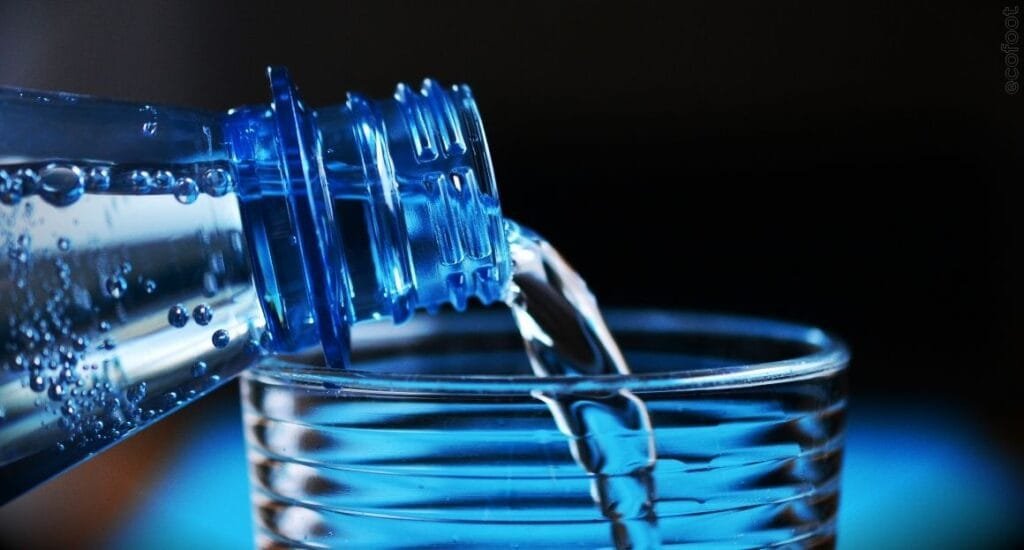
Across Australia, heat pump systems are sleuthing their way into homes under the radar of traditional upgrades, but this is one renovation that delivers energy savings so dramatic that it borders on transformative. Even better? Yes, a heat pump hot water government rebate to soften the premium heat pump water heater price.
This isn’t smoke and mirrors. It’s about harnessing the ambient outside air to heat water in your water tank, via a heat exchanger that moves energy from air to water with grace. In this blog, we’ll unpack why your water heater heat pump is the cornerstone of water efficiency. We’ll explore how the system works, the types of air-source heat pumps available, the nuanced interplay between outdoor temperature and heat extraction, as well as the economic and ecological bottom line. Read on to make your home savvier and efficient.
How Conventional Hot Water Systems Drain Resources
Traditional water heating systems, be it electric storage units, gas boilers, or solar-boosted arrays that have been around forever and are well-documented for their inefficiencies.
- Electric hot water systems burn electricity to heat water in a tank, leading to elevated running costs, especially when factoring in heat loss over time.
- Gas tanks waste energy too, and they release carbon emissions directly into the atmosphere, undermining both energy efficiency and household air quality.
- Conventional tanks often lack insulation, losing warmth to ambient spaces and causing repeated energy expenditure.
The invisible cost is staggering. Many families overpay by hundreds every year, all because they weren’t aware that upgrading to hot water heat pumps could dramatically change the equation.
A water heater heat pump is a quiet, elegant, energy-efficient unit that extracts heat from the surrounding air using the same principles as an air conditioner, yet delivering steamy, reliable hot water while halving your energy use. It’s the hidden oasis that most Australians overlook in their bills, but this can bring huge change to your water economy game.
In practice, homeowners report dramatic reductions in quarterly electricity bills. Sometimes in the ballpark of 50–80% simply by upgrading to a pump water heater technology coupled with solar panels for maximum energy efficiency
How Heat Pump Hot Water Government Rebates Help
Yes, the initial heat pump water heater price may seem steep (ranging $1,500–$6,000 AUD installed, depending on size). But rebates ease the impact substantially.
In Victoria:
- Victorian Energy Upgrades (VEU) program offers discounts on heat pump water heater installations via VEECs (Victorian Energy Efficiency Certificates). VEECs can cut $600–$750 off your bill, depending on tank size and the state of your old system.
- Add to that the Solar Homes hot water rebate, offering 50% off up to $1,000, or up to $1,400 for locally made products, including Ecogenica, Neopower, and Emerald.
- Combined, rebates can cover more than half the cost, even bringing the price of a 200 L heat pump water heater down to as low as $1,500 out-of-pocket.
Prospective buyers should note there’s a minimum customer contribution of $200 for households.
Understanding How the System Works & Efficiency Gains
This is how a water heater heat pump works:
- It draws in surrounding air through a fan into its heat exchanger.
- A refrigerant absorbs that ambient warmth and transforms it into a hotter, compressed form.
- This heat is transferred into the water tank, warming its contents.
- Cool air is expelled back into the environment, while warm water is stored for use.
This indirect heating path is akin to a reverse fridge, a catapult of energy efficiency. The process can deliver up to four units of heat for every one unit of electricity consumed (COP of ~4), making it energy efficient compared to traditional water heaters.
But there are nuances Australian homeowners should weigh:
- Ambient temperature limitations: Performance dips in very cold climates; but hybrid models with electric backup can compensate at reduced efficiency
- Noise & space needs: Heat pump units need ample air space (around 30 m³), and may hum like an air-conditioner or a frigde especially if placed near bedrooms .
- Water demand peaks: Standard units might not instantly fulfill multiple consecutive showers; adequate tank sizing (e.g., 300 L for a six-person household) is recommended.
Yet despite those drawbacks, heat from the surrounding air is a free and renewable resource, and the long-term energy savings (often 60–85% on energy costs) more than make up for the initial investment.
Max Cost of Upgrade

A modest heat pump water heater 100 LTR price might start around $1,500, rising to $3,000+ for 200 L or more—especially with premium models like Emerald or NeoPower.
Installation adds $300–$700, depending on electrical upgrades and positioning needs.
Total installed cost can range from $2,000 to $6,000 AUD.
Here’s where rebates make a real dent:
- VEEC rebates: $600–750
- Solar Homes rebate: up to $1,400 (if locally made)
- In NSW/VIC, combined rebates can exceed $2,000 total
Net cost: Often as low as $500–$2,000, depending on system size and rebates stacked, making the ROI period between 2–5 years, with annual electricity savings often between $300–$500
One Victorian user posted on Reddit: “I switched from electric to heat pump, could hardly tell it ran, and quarterly bills dropped noticeably. Zero issues so far.”
Take action while there is maximum rebate availability, manufacturers are local, and energy inflation is pressing.
Act Now
For many Australians, homes remain ineffably cold. Single glazing, zero central heating, and poor insulation are all too common. Heat pumps offer a cost-effective and eco-smart alternative, helping cut heating costs by 60–85% or more.
Solar Homes offers up to $1,400 for a heat pump hot water government rebate, while VEU rebates help recover VEEC-certified CO₂ reductions. Stack these, and upfront costs plummet. But remember: rebate conditions fluctuate, VEEC prices vary, and policies shift. Local manufacturing concerns even highlight the need to support quality and jobs while navigating incentives responsibly.
Water heater heat pump systems offer lower bills, reduced emissions, and long-term performance, which are incontrovertible benefits. This one upgrade can make your home twice as water-efficient. Contact Eco Foot today and schedule a free site visit.
FAQs
1. Amount I can save by upgrading to a heat pump in Victoria?
These systems, which use 70% less energy than traditional hot water systems on average, will help Victorian households save $300–$700 per year on their energy bills, depending on usage and tariffs.
2. Are heat pumps eligible for the Victorian Energy Upgrades (VEU) rebate in 2025?
Yes. Under the updated VEU program, households can receive rebates of up to $560 when replacing an old electric or gas hot water system with a high-efficiency heat pump.
3. Do heat pumps work in cold Victorian winters?
Advanced Heat pumps can operate efficiently in temperatures as low as -7°C, making them reliable even for cold mornings.
4. What’s the lifespan and warranty on a heat pump system?
Most quality heat pumps come with a 5–7 year warranty. With proper maintenance, they can last 10–15 more years.
5. Can landlords install heat pumps in rental properties to meet the new 2025 standards?
Yes. From October 2025, rental properties in Victoria will be required to meet new heating and cooling standards. To know more about installing a heat pump hot water system that complies with regulations while cutting tenant energy costs, contact us.
Other Related Blog
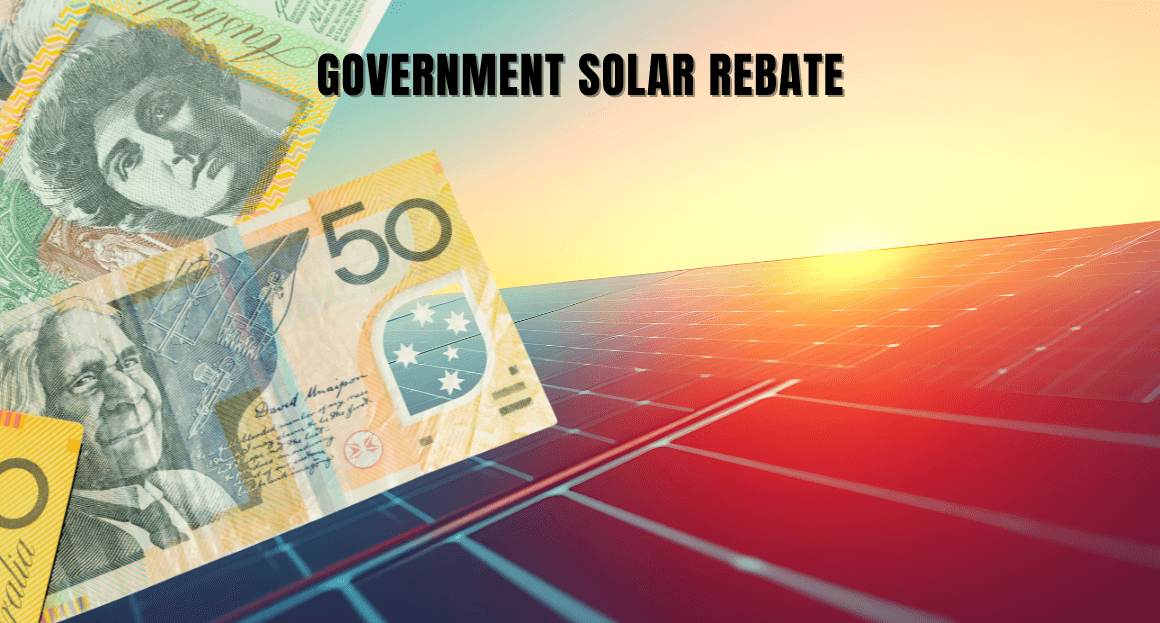
 Solar
Solar Every week, we talk to homeowners and small business owners across Victoria who say the exact same thing: “It’s too expensive right now.” “We rent; our
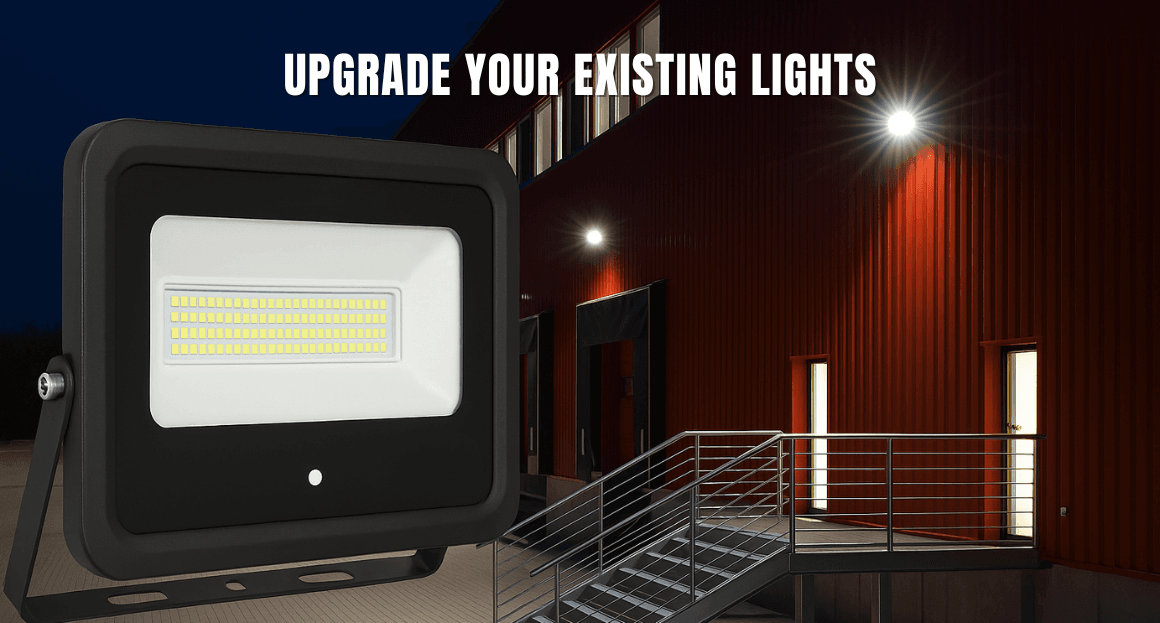
 Lighting
Lighting The lights stay on, work continues, customers still walk through your doors, but behind the scenes, your electricity bill climbs year by year, your carbon footp

 Lighting
Lighting When it comes to upgrading your commercial lighting, finding a reliable and professional partner makes all the difference. At Eco Foot, we specialise in commerc
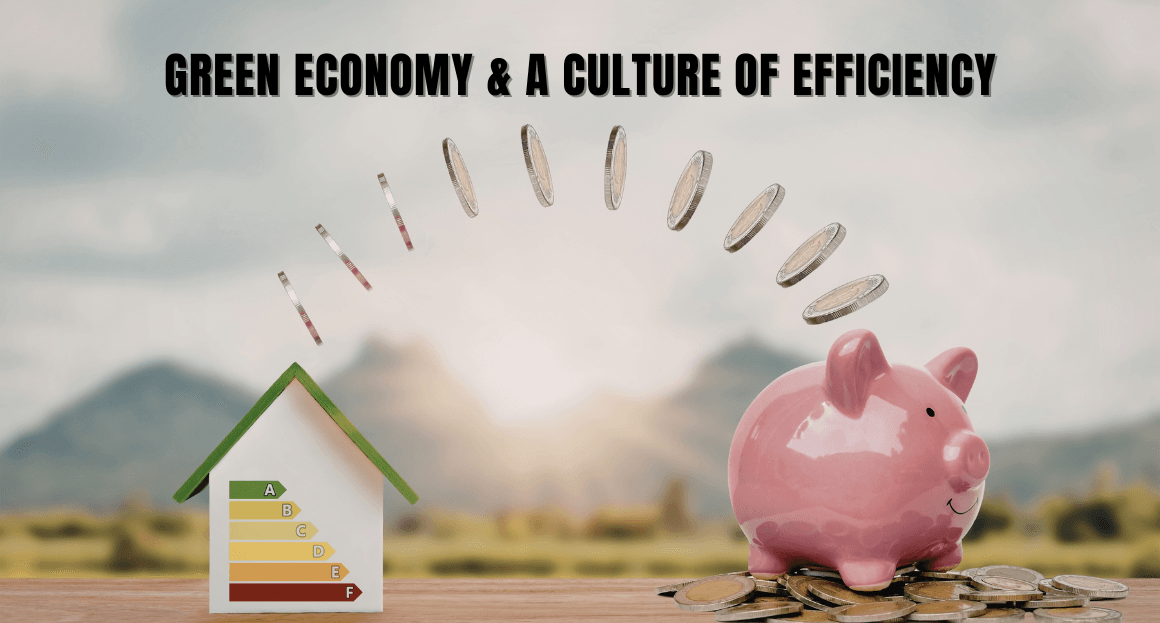
 Lighting
Lighting Go Greener at Work! Start with the lights — the simplest step toward cutting costs and carbon. For businesses in Victoria, an LED lighting upgrade offers a cl
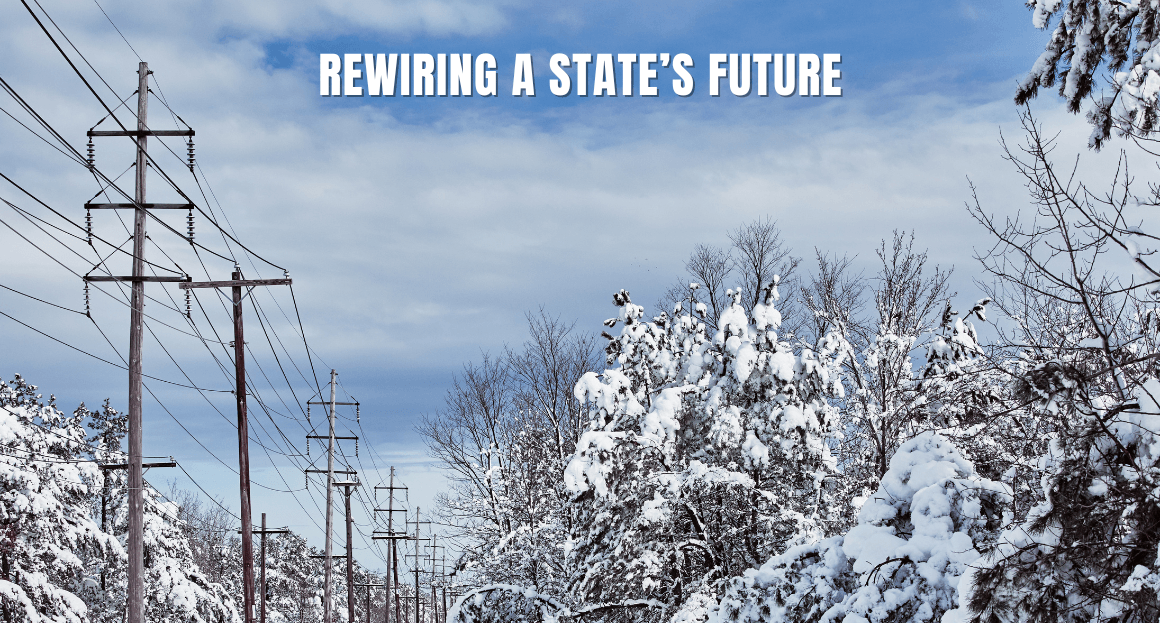
 VEU Updates
VEU Updates What can you do for Victoria? Simple: Upgrade old, inefficient systems in your home and business So what’s in it for you? Generous rebates that make

 Air Cons
Air Cons What if lighting didn’t just save you money… but actually earned it back for you? Welcome to the world of commercial LED lighting with rebates, and in parti



